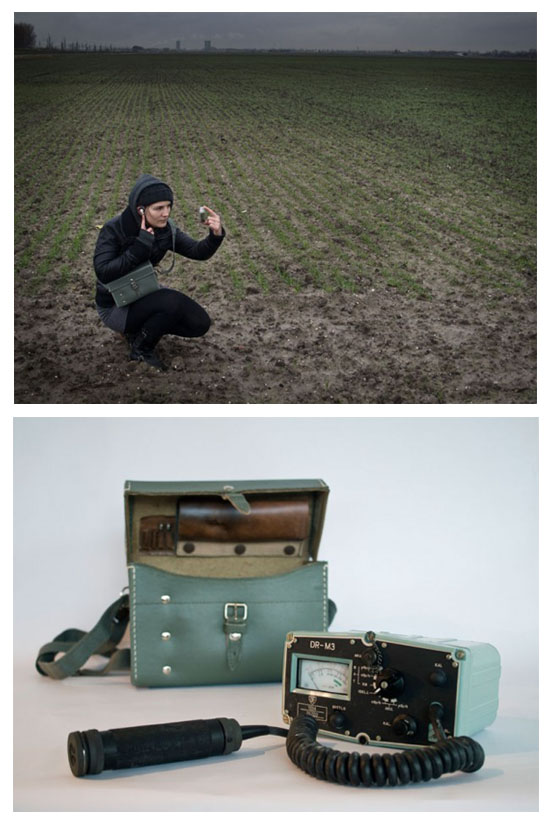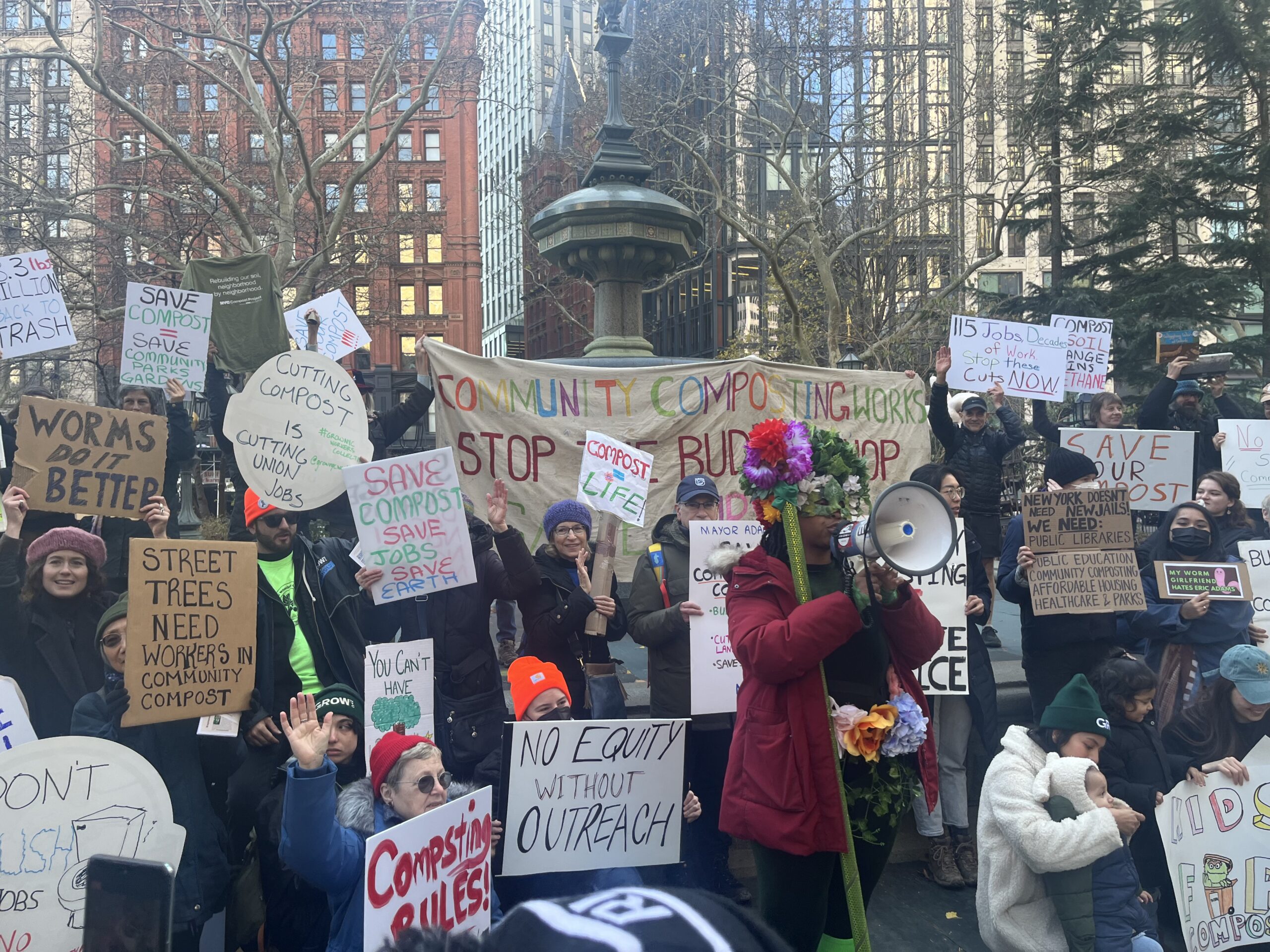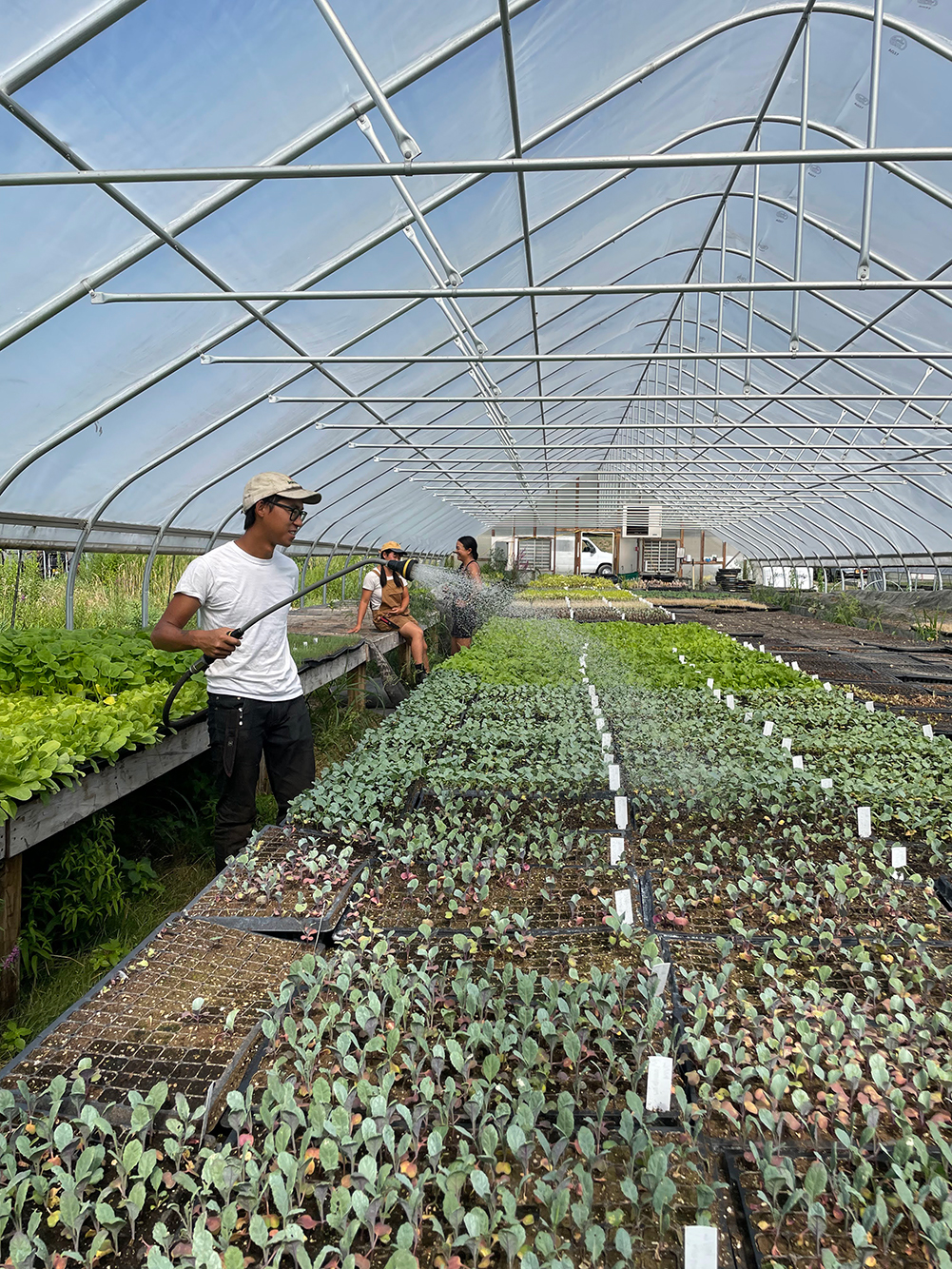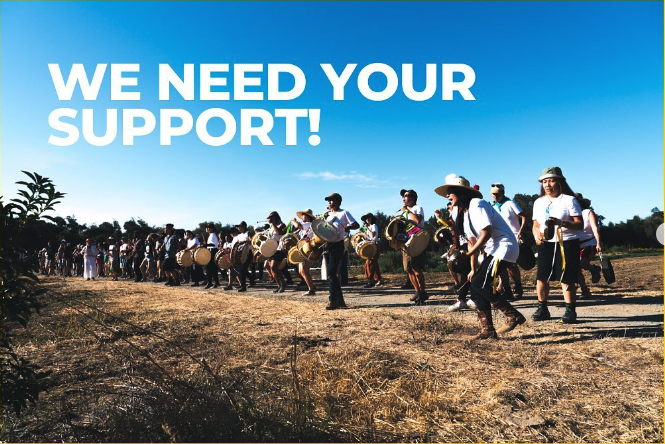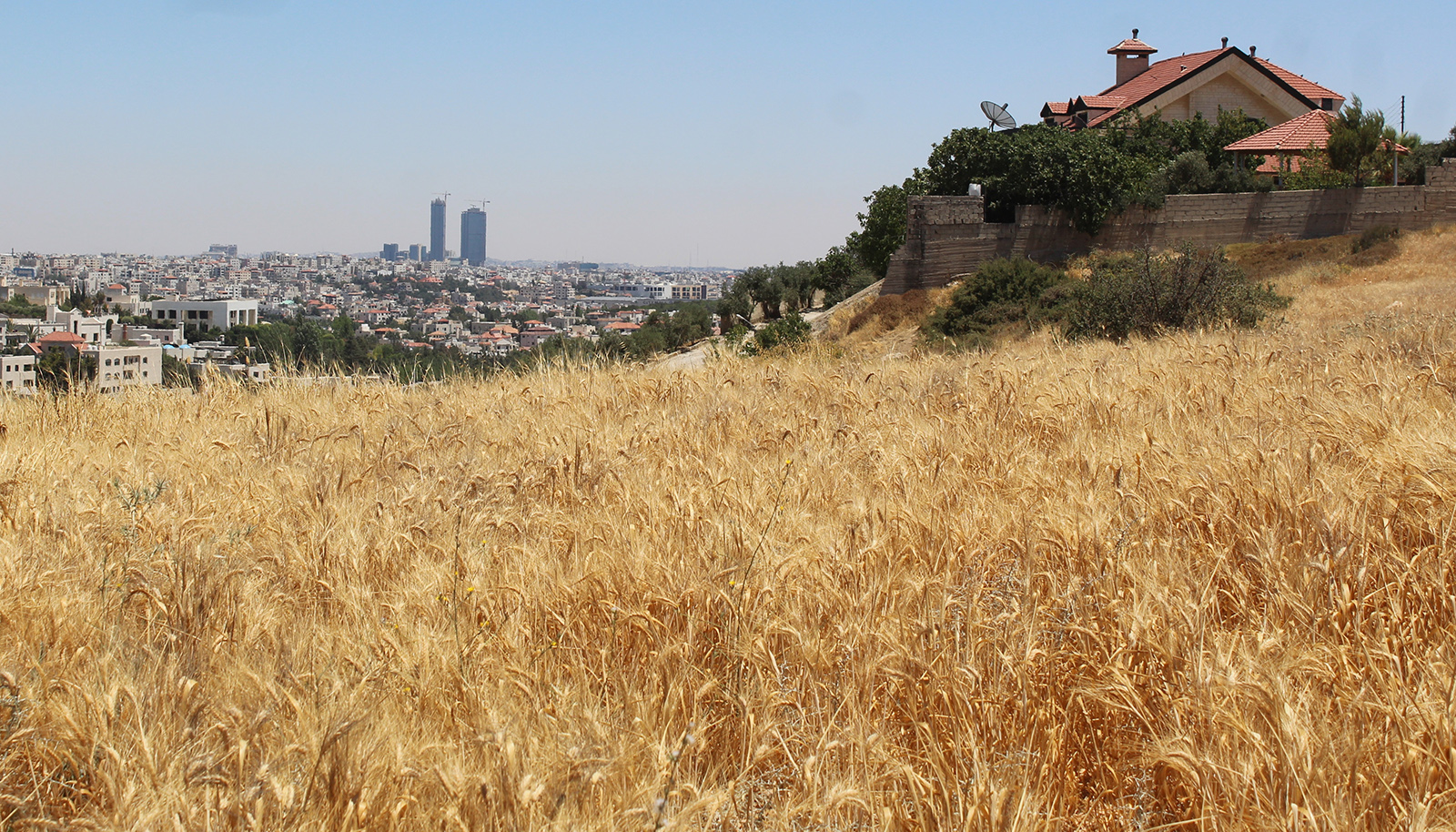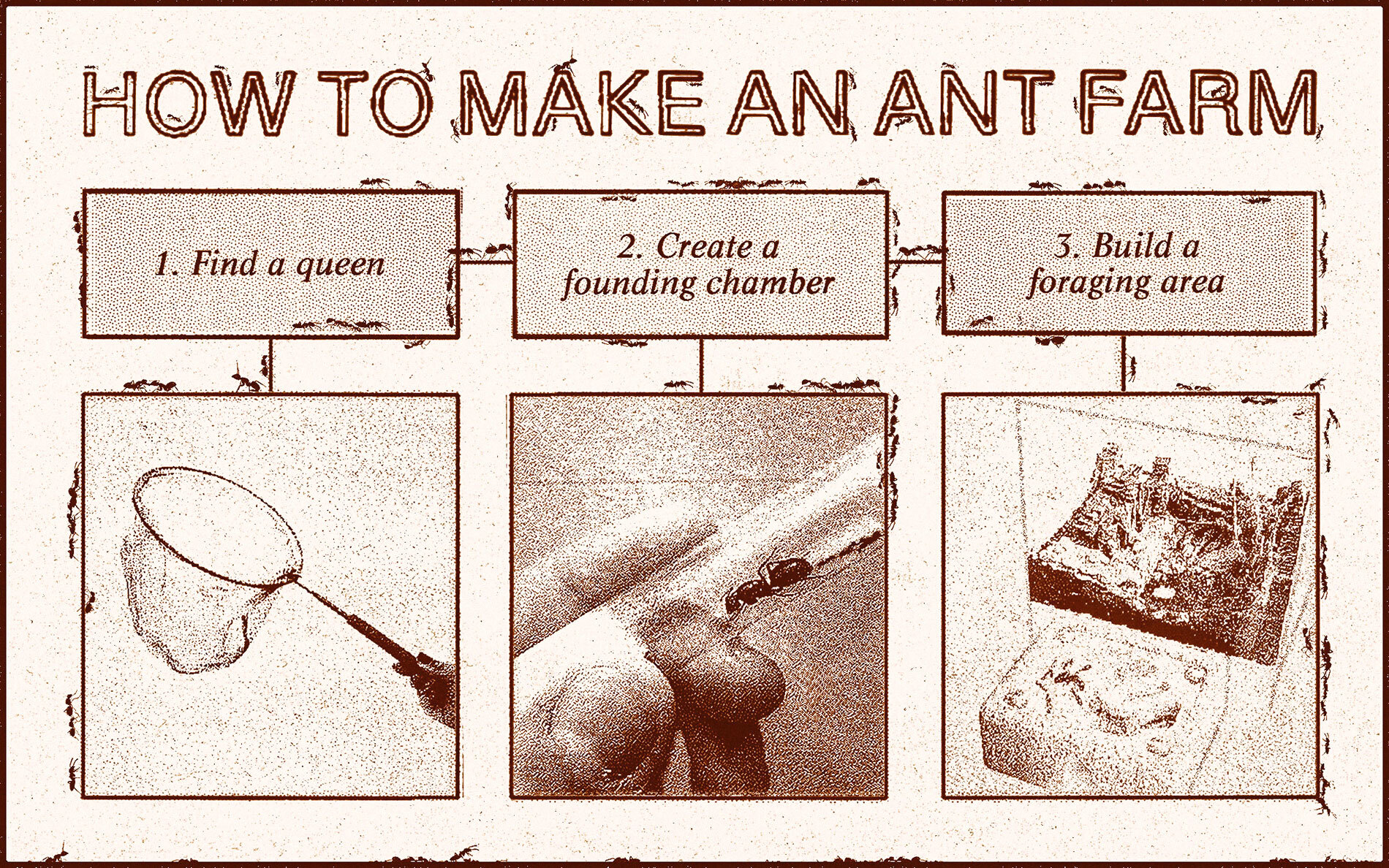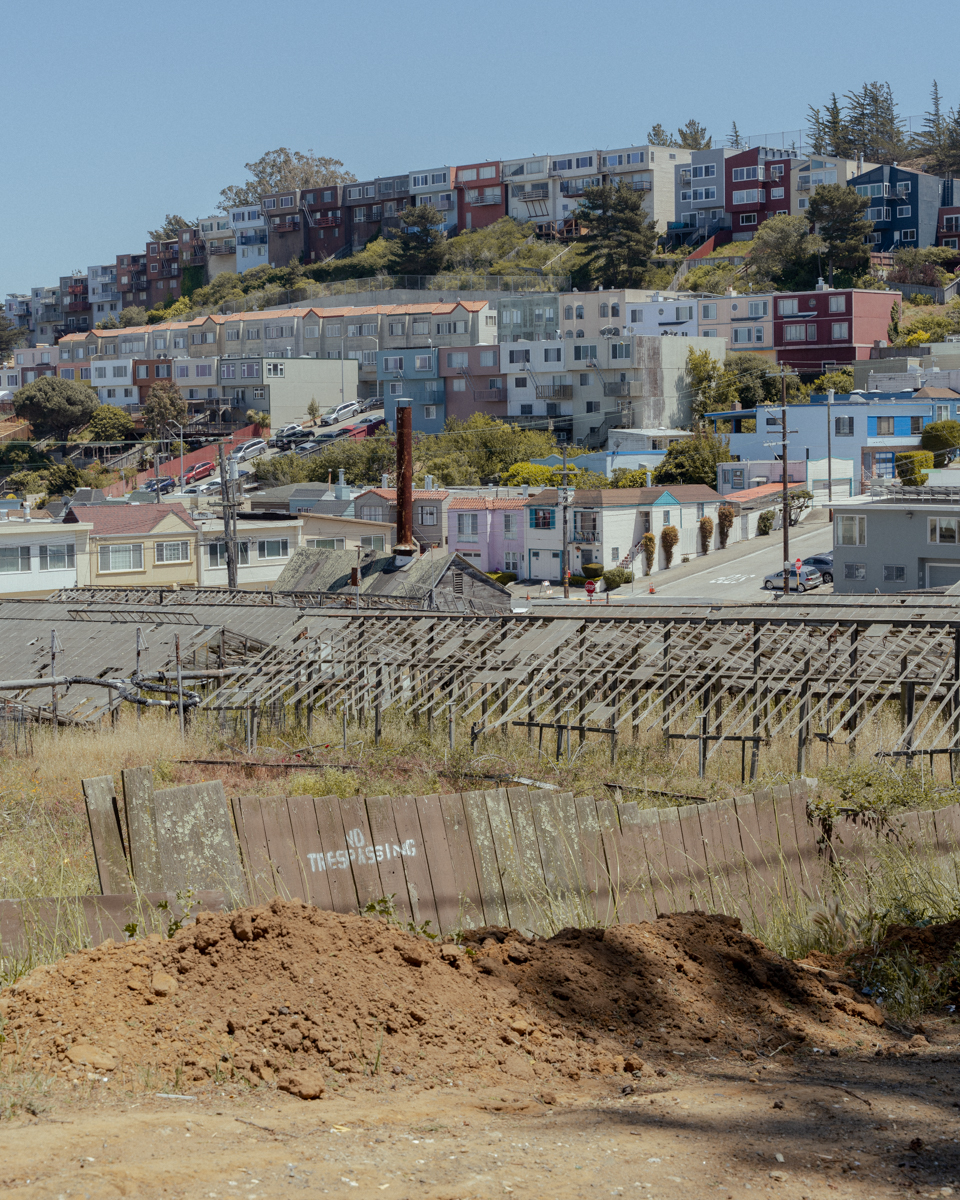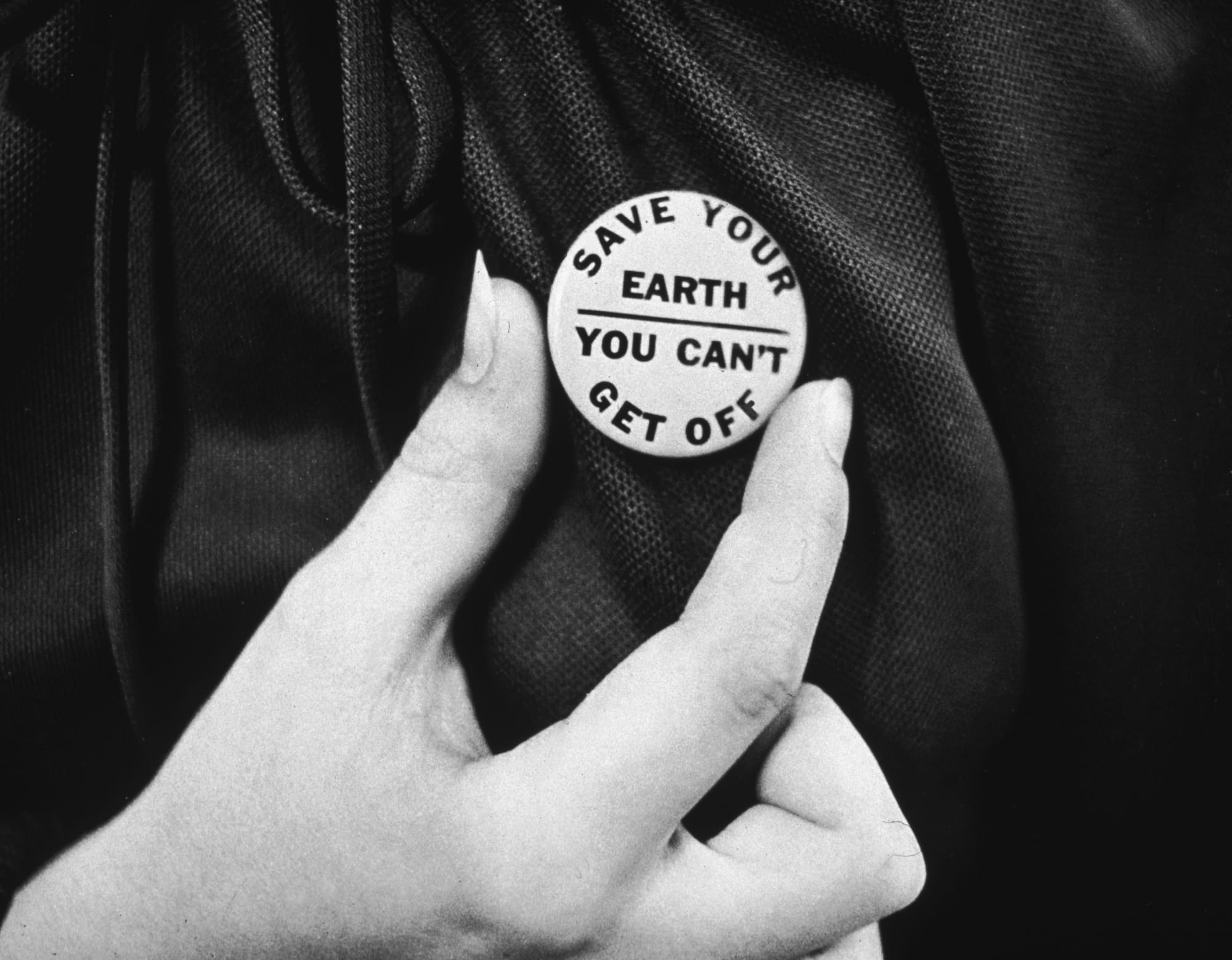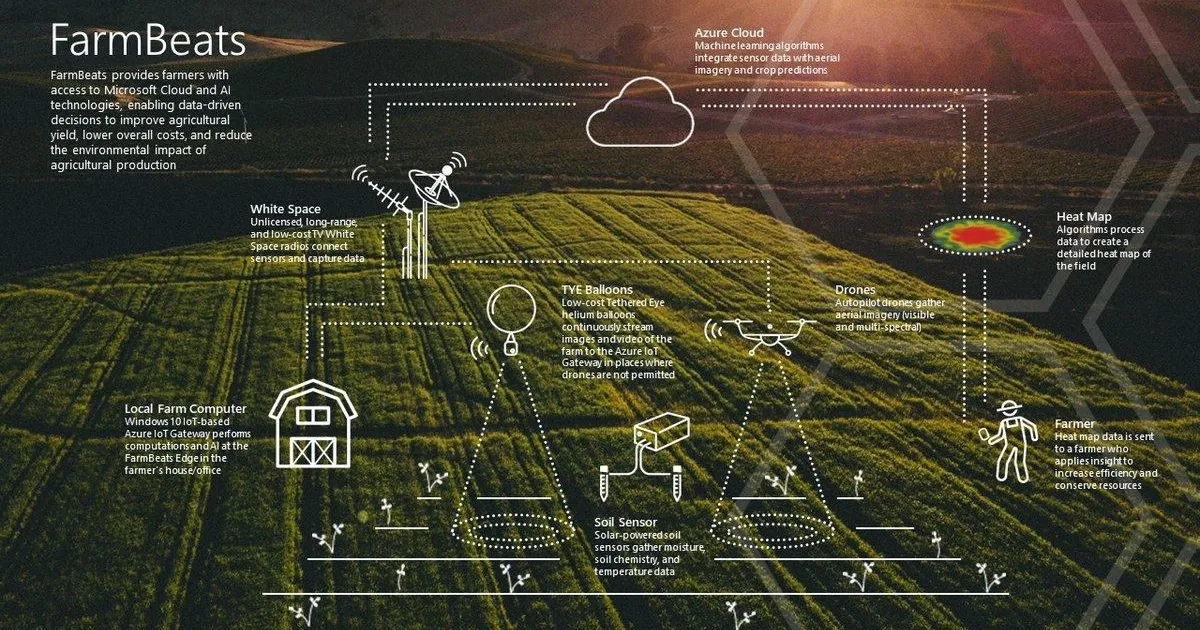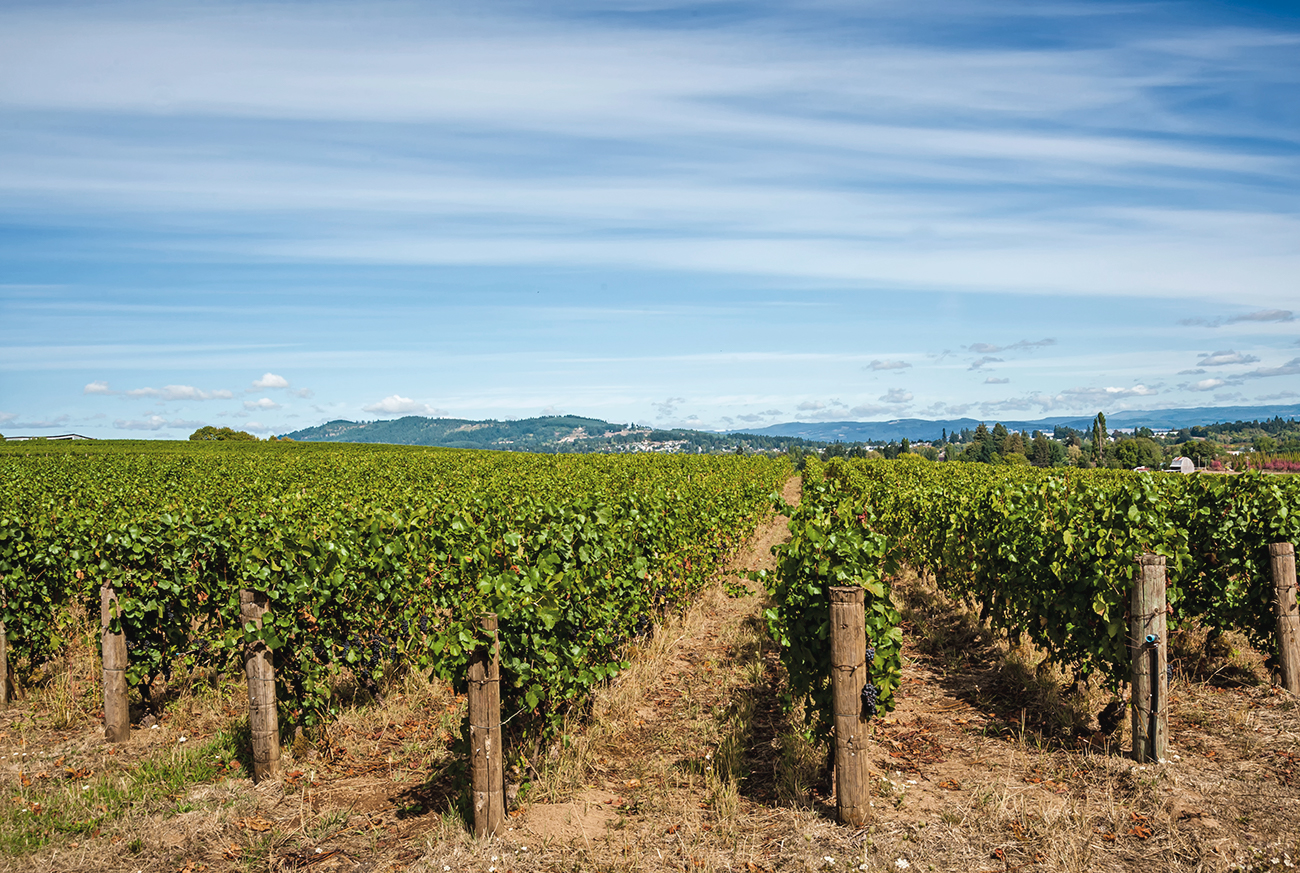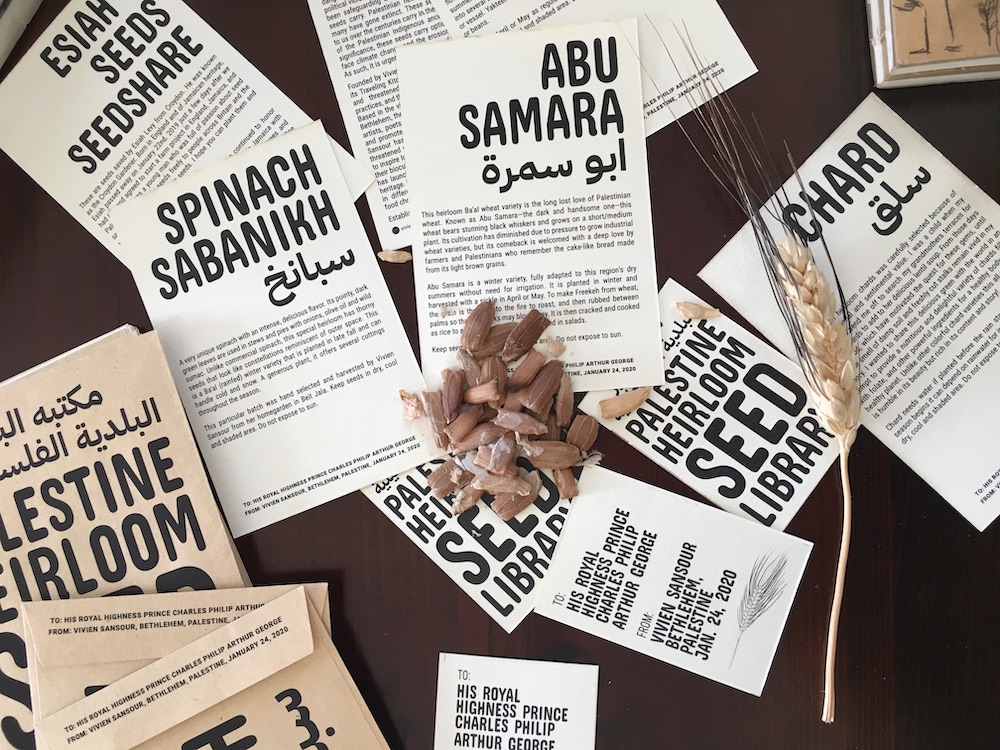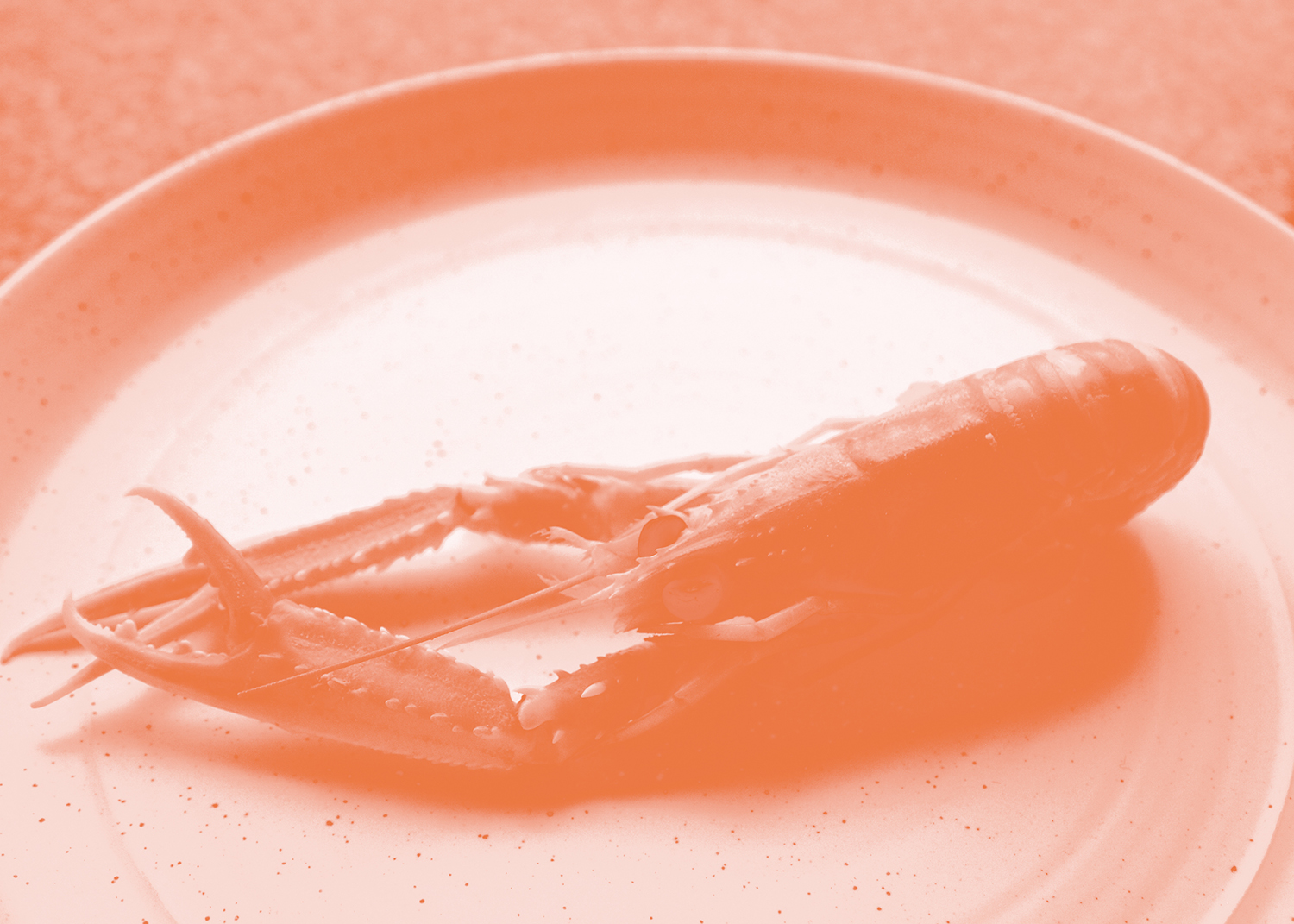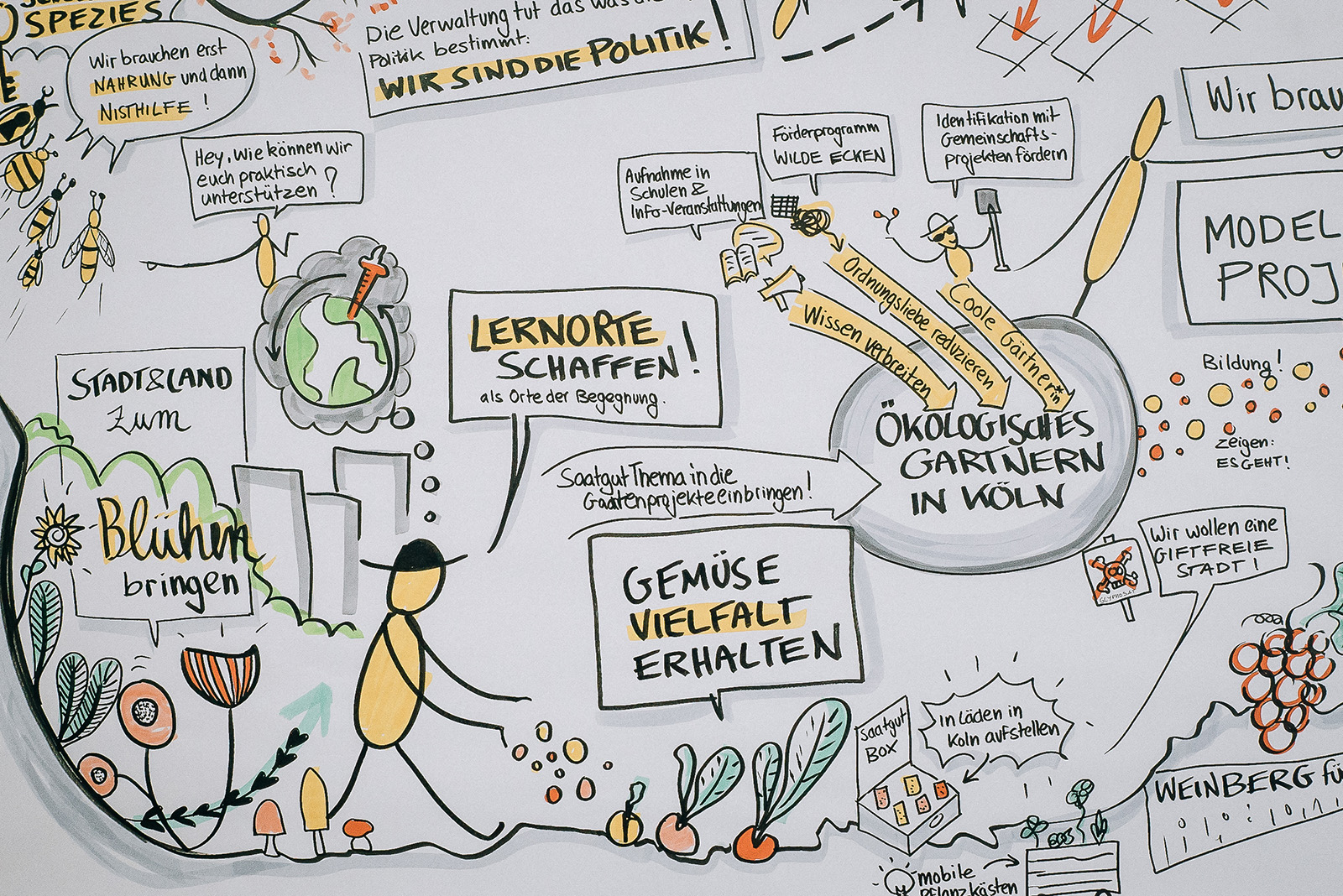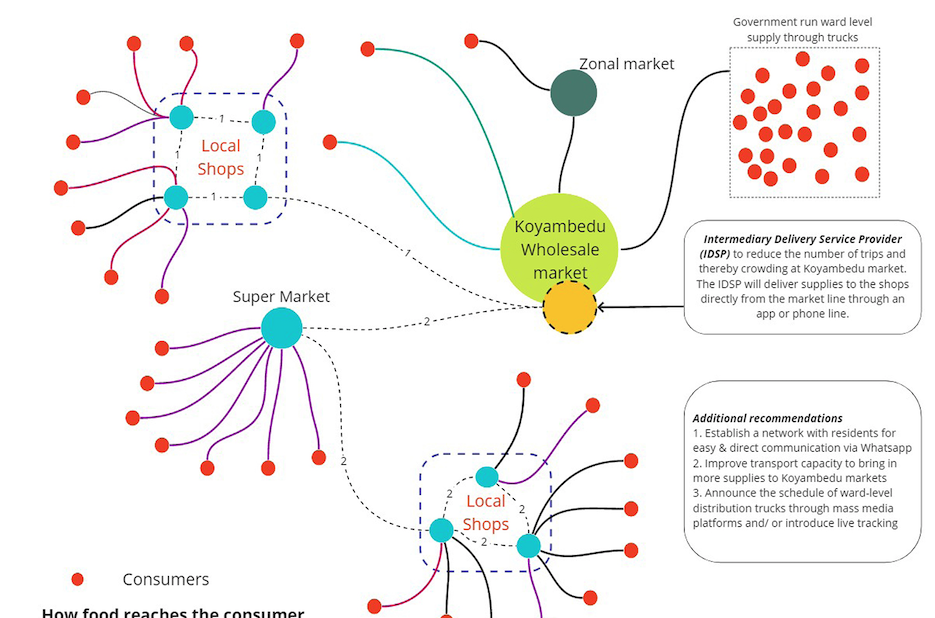This is a speculative food design project from artist-led think tank, The Center for Genomic Gastronomy.
Disaster Pharming is a kit of tools designed for bio-prospecting excursions at nuclear disaster sites.
As the biological century gathers speed, the hunt for commercially viable plants, fungi, algae and isolated genes need not be limited to naturally occurring mutations. The enterprising ‘amateur bio-prospector’ of tomorrow may be visiting radioactive disaster zones as often as rain forests and wetlands.
The Center for Genomic Gastonomy has created a Disaster Pharming kit specifically for this purpose. The kit contains a set of tools designed for bio-prospecting excursions at nuclear disaster sites.
Since the mid-20th century, radiation has been employed to induce mutations in agricultural crops. Radioactive disaster sites such as Chernobyl display an increase in genetic variation as do the test fields and ‘gamma gardens’ of the many national radiation breeding programs around the world. These mutation breeding programs have occasionally yielded plants with commercially valuable mutations.
Let the radiation do the work, while you reap the benefits.
Now, amateur bio-prospectors can discover commercially valuable products using the Disaster Pharming kit to safely search for new plant or animal species in nuclear disaster zones.
Assuming that things won’t always go according to plan (as demonstrated by Chernobyl, and more recently Fukushima), the kit includes a Disaster Pharming map that overlays the locations of nuclear facilities with nearby arable land. Other tools in the kit include:
- Geiger counter – to help you navigate and avoid high levels of radiation
- Tool belt- for on the go bio-prospecting
- Potassium iodide tablets – to prevent injury to the thyroid gland
- Collection tools and receptacles – for sampling and collecting irradiated organisms
- Notebook and compass- to find and take notes on regions with potential resources
The hunt to find and commercialize new products from nuclear disaster sites can be hazardous, but with the right tools and a little luck, even the amateur bio-prospector can develop a lucrative career discovering new resources that change the lives of many.
Learn more about work and process of The Center for Genomic Gastronomy.
